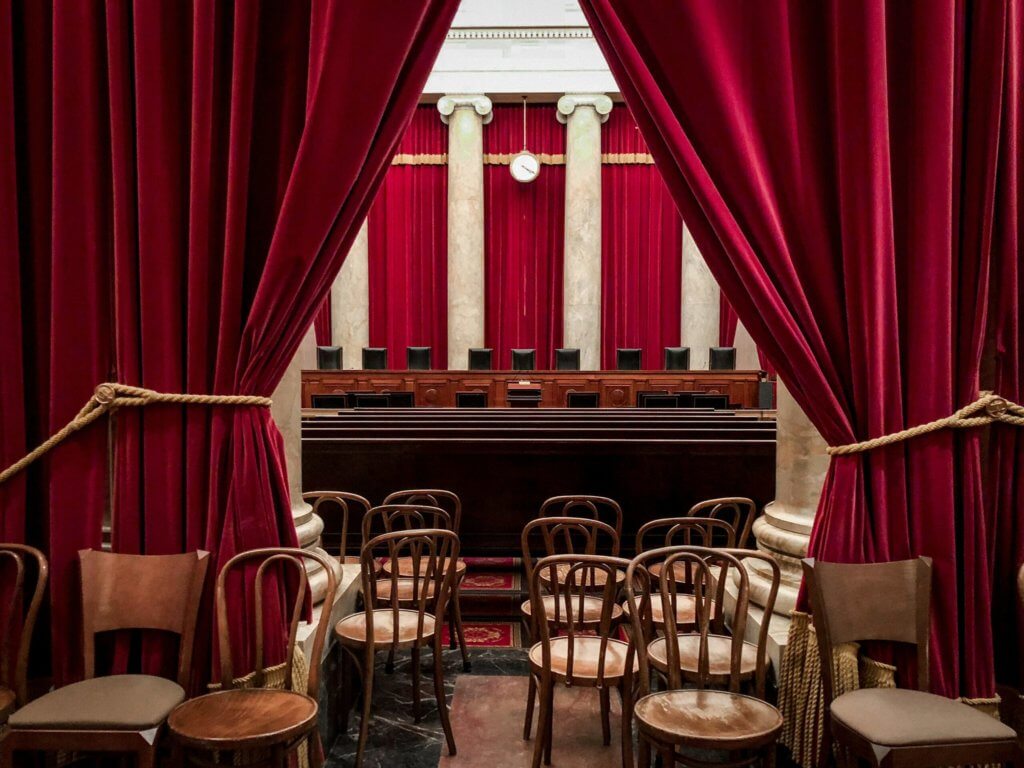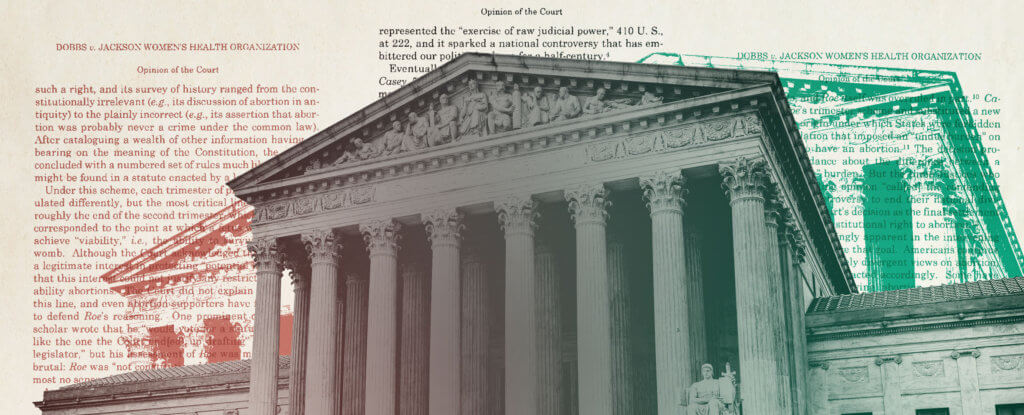Supreme Court Makes It Effectively Impossible To Sue Federal Cops, Smashing a 51-Year-Old Precedent

Reports that the U.S. Supreme Court is poised to overturn one of its major precedents recently gripped much of the country. Today, the high court effectively did just that.
Except it wasn’t Roe v. Wade—the case that established a constitutional right to an abortion—that the justices declared null. It was a different early-1970s precedent with far-reaching implications for anyone who has their rights violated by federal government agents.
Going forward, such victims will essentially have no recourse against those rogue actors. A federal badge will now serve as an impenetrable shield against civil liability for violating the same laws agents are charged with upholding.
You’d be forgiven for having never heard of it, as these cases tend to cruise under the radar. But you’d really be forgiven this time, seeing as the Supreme Court partially opted to dismantle Bivens v. Six Unknown Named Agents of the Federal Bureau of Narcotics—its 1971 decision that allowed a man to sue federal officers who searched his home without a warrant and then strip-searched him at a courthouse—not by hearing a case and deciding on the merits but by refusing to do that.
The justices announced today—exactly 51 years after the Court handed down Bivens—that they would decline to consider two major petitions. In the first, St. Paul Police Department Officer Heather Weyker, who was serving on a federal task force, conjured a fake sex-trafficking ring and jailed a teenage girl for two years on trumped-up charges. In the second, Department of Homeland Security Agent Ray Lamb allegedly tried to kill a man who had a personal beef with Lamb’s son; video appears to show Lamb attempting to pull the trigger of his gun, though it jammed. – READ MORE




Responses